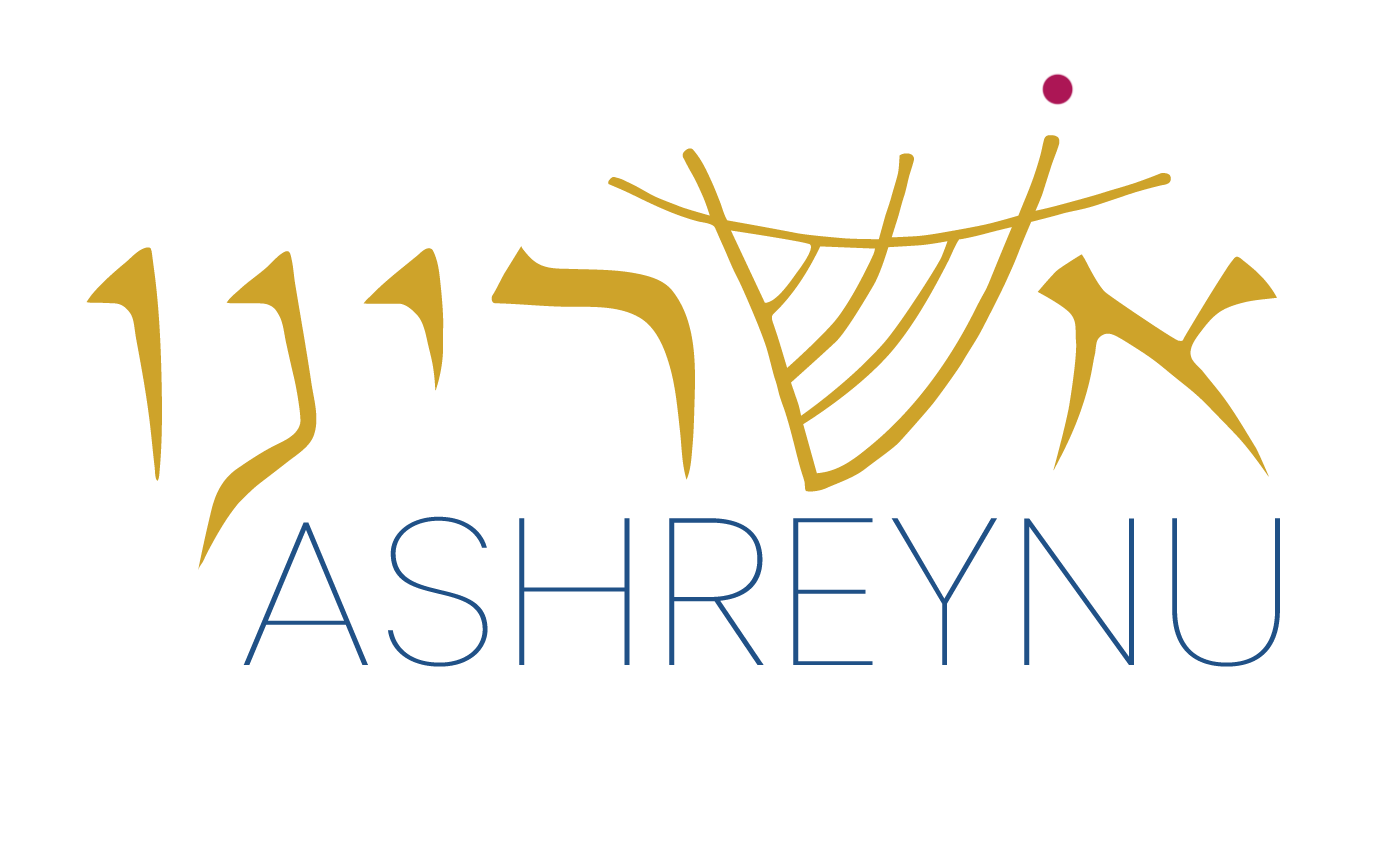The Freedom to ‘Be Holy’
As we proceed with the annual Torah reading cycle, we recently began reading the third book of the Torah, Seifer Vayikra (Leviticus), in which we are introduced to Adonai’s charge for us to ‘be holy.’ Most succinctly and famously enunciated in what is known as the ‘holiness code’ (Yayikra 19:2), there is something particularly and inherently powerful embedded in this most distinctive of Adonai’s commandments to us.
קדושים תהיו – k’doshim tiy’hu – ‘you shall be holy’ – is a unique commandment in that it is not about ‘doing’ or ‘not doing’ something, but is rather about ‘being’ something. Indeed, it is this ‘being something’ that most profoundly defines our lives, our Judaism, our essence, relationships, beliefs and practices and behaviors, and the interplay amongst all of these.
Before the inauguration and establishment of the novel concept and holiday of freedom, we were slaves in Egypt, and as slaves we could not ‘be’ anything but slaves – the freedom to ‘be’ anything other than slaves was non-existent. It was only when we became free men and women – totally and lastingly severed from that dehumanizing and devaluing life circumstance – that we were situationally set to be commanded to ‘be’ something beyond mere slaves. Now we finally possessed the potential to fulfill this directive which was wholly reliant on and intertwined with personal, communal, and national liberty.
Pesach is a pivotal, stark, and joyous reminder of the precious freedoms with which we were blessed: the freedom which enabled us to accept and live a life of mitzvot, the freedom to inhabit and embrace our homeland, the Land of Israel; and ultimately the freedom to ‘be’ holy, to live our lives as holy people, and to bring holiness to the world around us. And so it has always been: since that miraculous midnight on the 14th of Nisan millennia ago, it has always been up to us to consciously choose to ‘be holy’ and to live accordingly.
Other instances in Judaism which direct us less about what to ‘do’ and more towards how to ‘be’ include the instructions for us to ‘be a blessing’ (והיה ברכה veh’yei b’racha, והייתם ברכה vih’yitem b’racha), and to ‘be happy’ ( מצוה גדולה להיות בשמחה תמידmitzvah g’dolah lih’yot b’simcha tamid).
Truly embracing and living in these states of ‘being’ – holiness, blessing, and happiness – undoubtedly makes both individual and shared life better. As we celebrate Pesach, let us be ever-mindful of, and grateful for, Adonai’s gift of freedom – with all its attendant conditions and directions, limitations and opportunities, rewards and responsibilities. Let us value and realize the freedom that this magnificent Jewish festival bequeathed to us so that we might truly ‘be’ the very best we can be. May we remember always to appreciate and live our myriad opportunities for holy-being and being holy.
חג כשר ושמח – Chag kasher v’sameiach – A very happy Pesach to all!
Rabbi Jonathan Pearl
